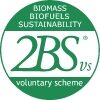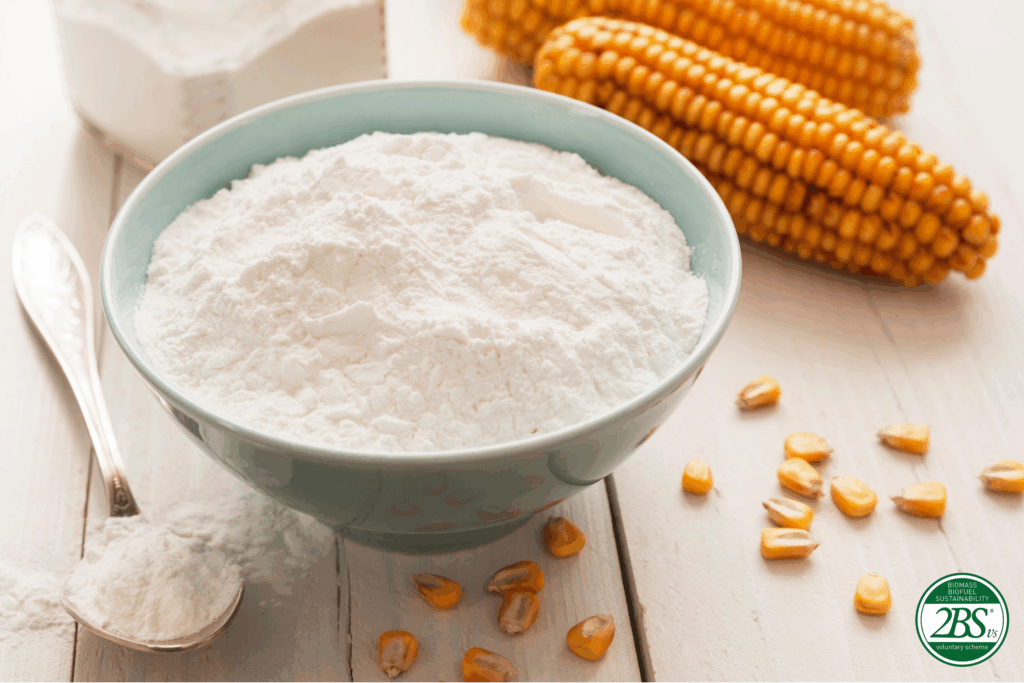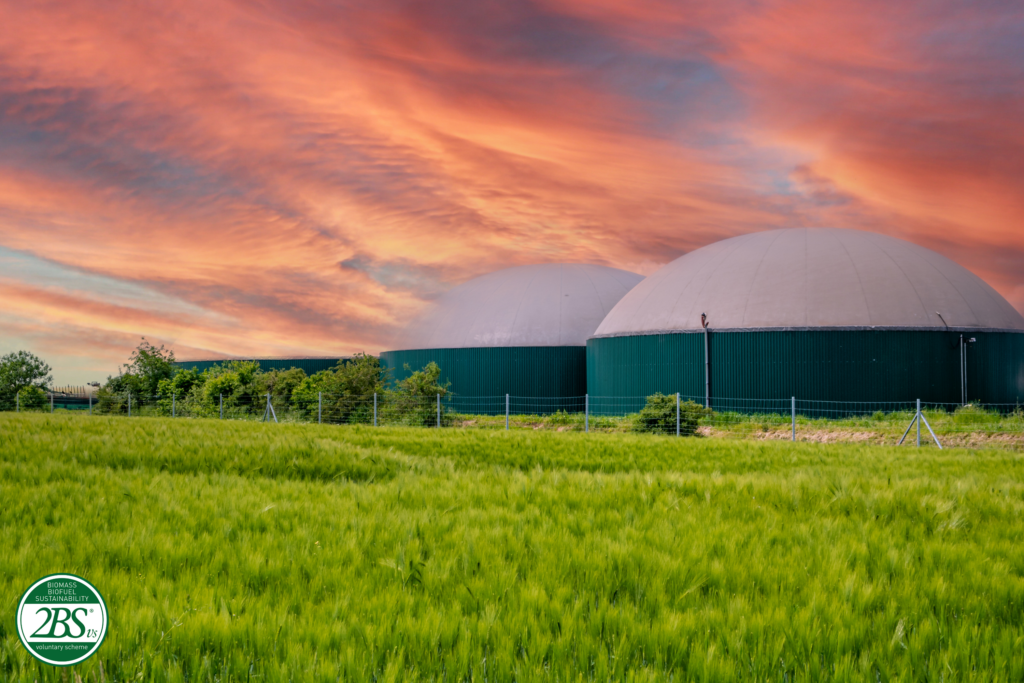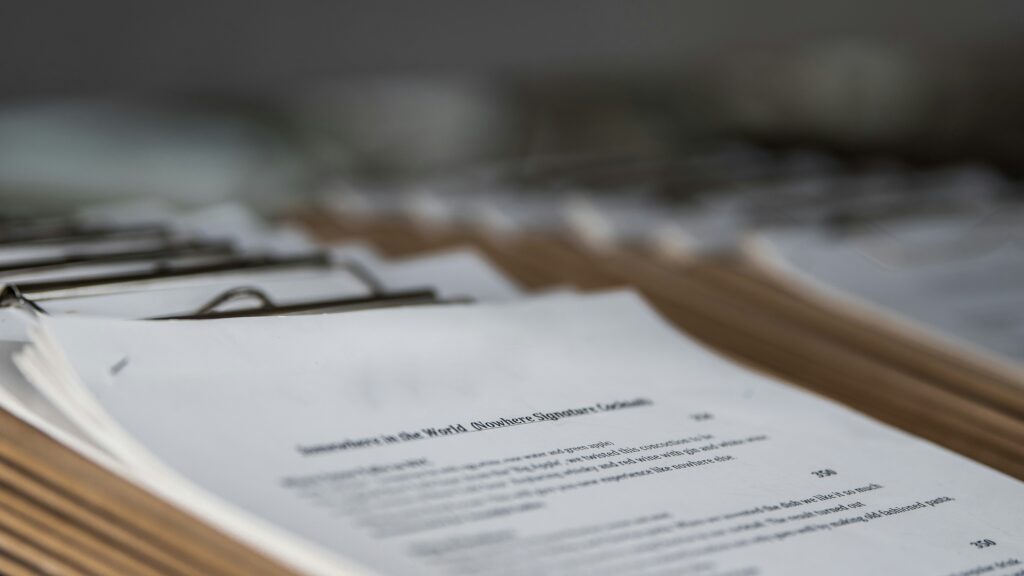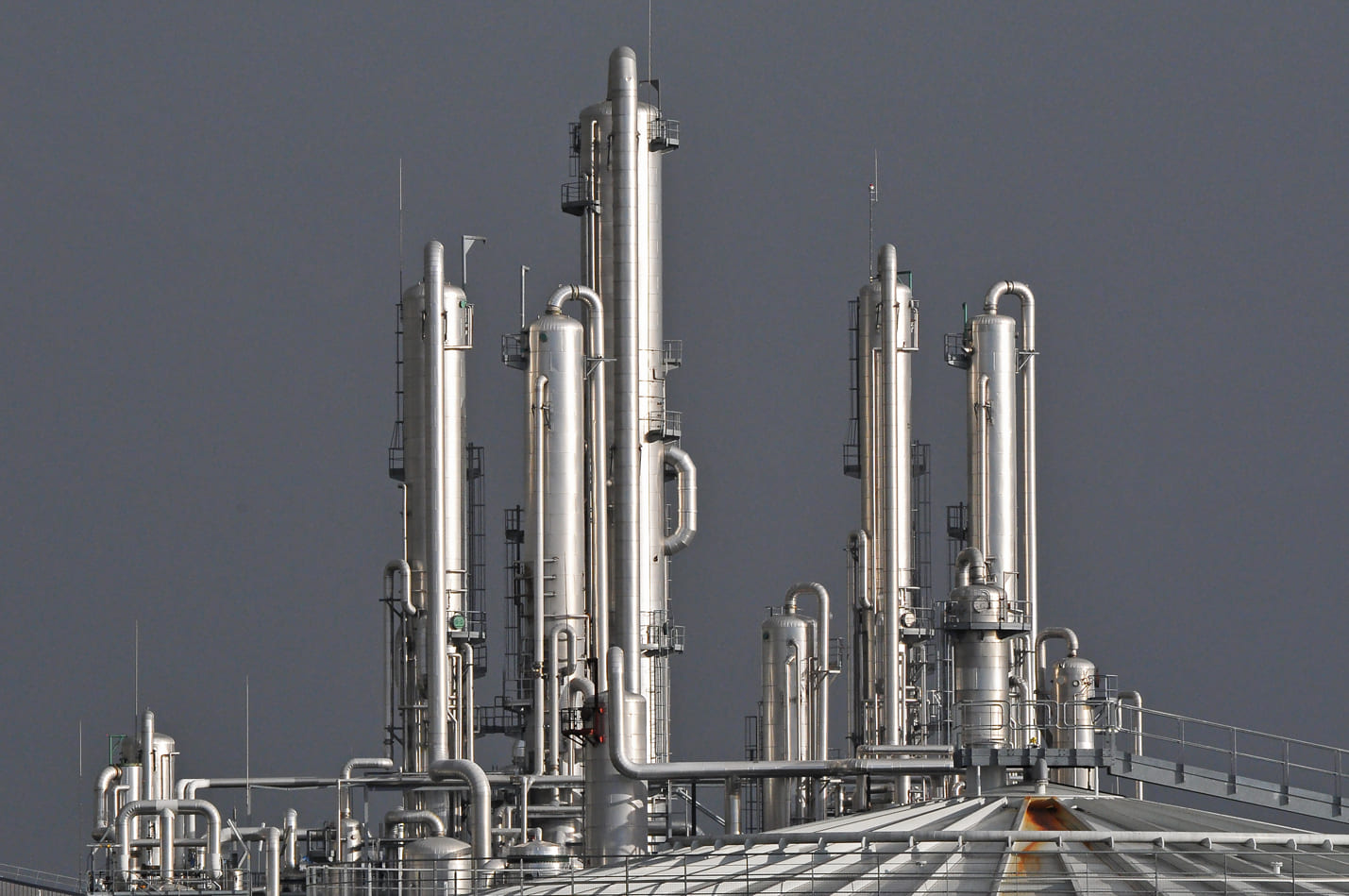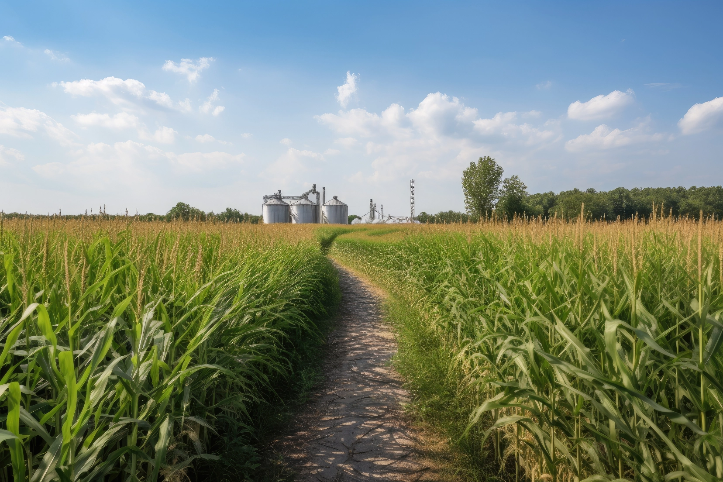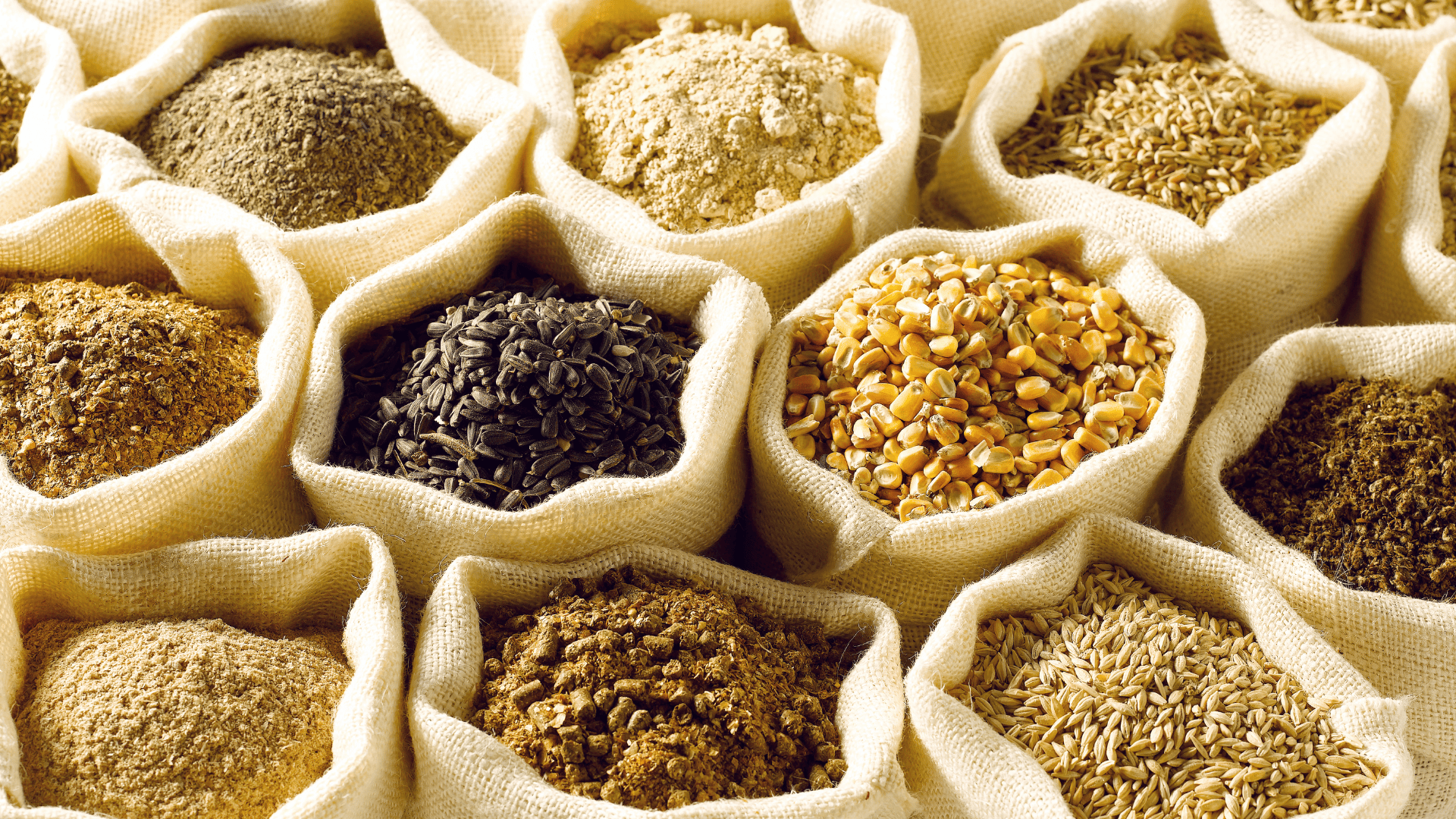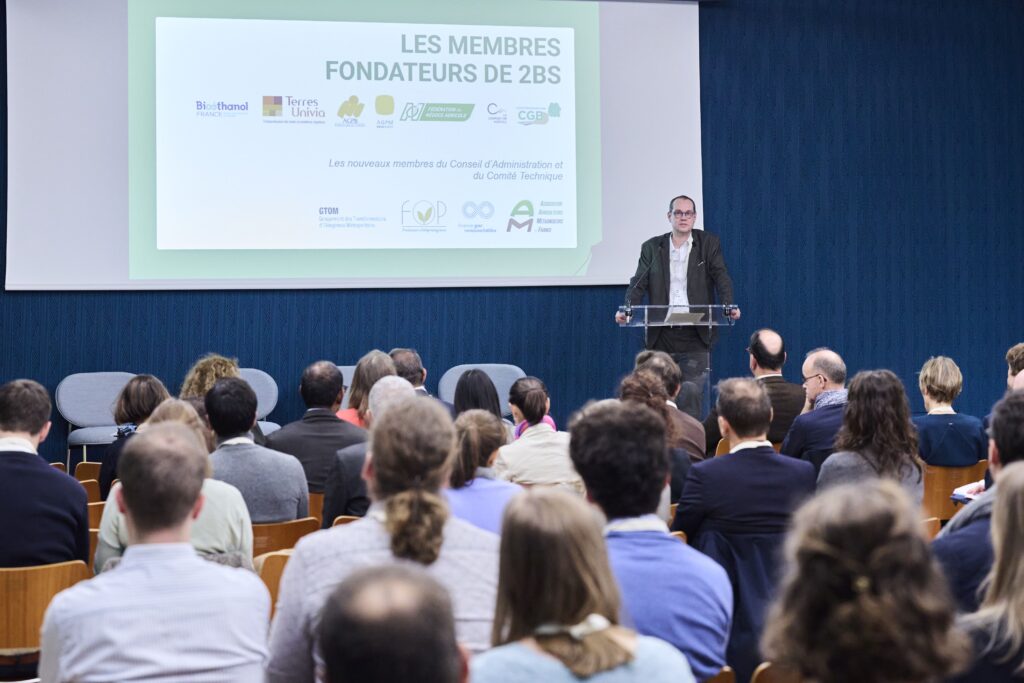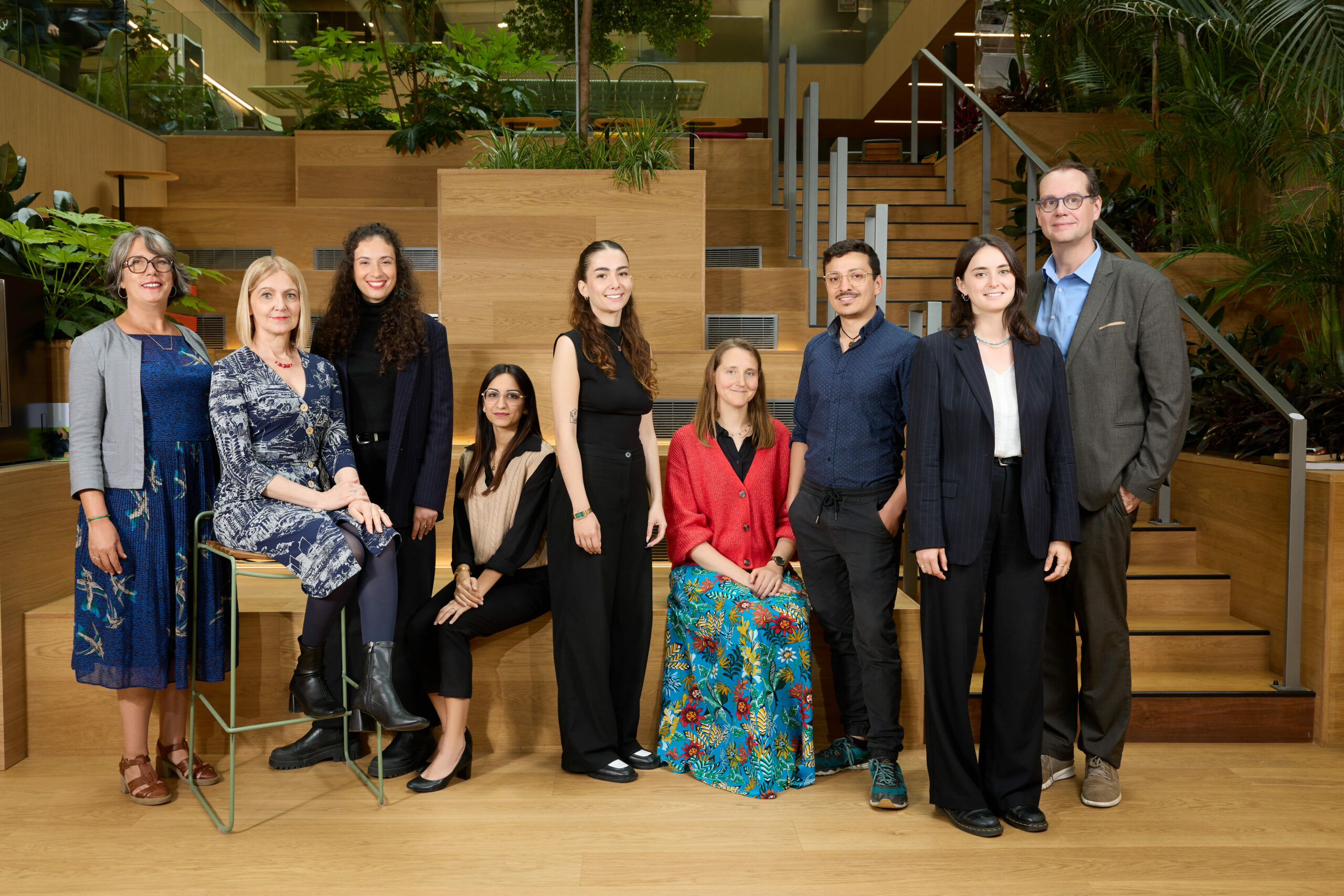Grandfather clause for the biomass fuel sector in France:
Economic operator in biogas production (anaerobic principle with cogeneration and electrical energy) and biomethane (anaerobic principle + purification and heat energy)
(Link: Durabilité des bioénergies | Ministères Aménagement du territoire Transition écologique)
2BS has been notified by the DGEC of the application of the grandfather clause on French territory.
The grandfather clause (RED III 2018/2001 Art. 29(15)):
“Until December 31, 2030, energy produced from biofuels, bioliquids, and biomass fuels may also be taken into account for the purposes referred to in paragraph 1, first subparagraph, points (a), (b), and (c) of this Article if:
(a) the support was granted before November 20, 2023, in accordance with the sustainability and greenhouse gas emission reduction criteria set out in Article 29 in its version in force on September 29, 2020; and
(b) the aid was granted in the form of long-term support for which a fixed amount was determined at the beginning of the support period and provided that a correction mechanism to ensure that there is no overcompensation is in place.
Impact of the grandfather clause for economic operators recognized by 2BSvs:
Each economic operator registered with 2BSvs for RED certification who wishes to be recognized by 2BS and the control/certification office for the recognition and activation of this French derogation must:
Update their economic operator profile on their 2BS account by checking the box art.29(15) recently added for all members concerned.
This validation of the checkbox and recognition of the use of this clause or exemption will be effective until December 31, 2030. After this date, i.e., on January 1, 2031, the RED III reduction thresholds will automatically be required for all certification audits.
Warning with a plain fill-in: In the event of an omission on the part of an OE involved in this derogation, both 2BS and the Control/Certification Body must be informed of this omission prior to any certification audit.
Warning with a solid fill: In the absence of proof of compliance with the conditions for the application of this clause, the current rules in RED III and GHG reduction thresholds will be applied during certification/control audits.
